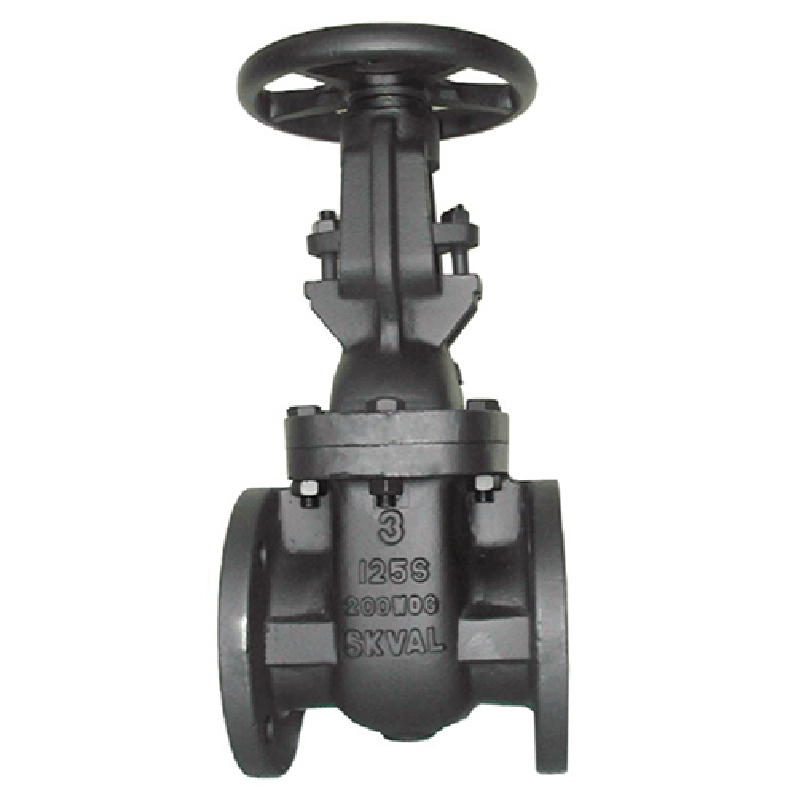Dec . 19, 2024 10:14 Back to list
ansi gate valve
Understanding ANSI Gate Valves Function, Application, and Importance
ANSI gate valves are critical components in many industrial applications, including oil and gas, water supply, and chemical processing systems. The term 'ANSI' refers to the American National Standards Institute, which sets the standards for valve design and manufacturing in the United States. ANSI gate valves are designed to offer low resistance to flow and provide a tight seal when closed, making them an essential choice for on/off service.
Function of ANSI Gate Valves
Gate valves operate by lifting a barrier (the gate) out of the path of the fluid. When the valve is fully open, the flow of the fluid is largely unrestricted, making these valves ideal for applications where a minimum pressure drop is required. The design consists of a valve body, a gate, and a bonnet, along with various other components such as a stem and packing. The flow is controlled by the vertical movement of the gate, which can be raised or lowered using a handwheel or actuator.
In contrast to other types of valves, such as globe or ball valves, gate valves are primarily used for fully open or fully closed applications. This functionality allows for minimal wear and tear on the valve itself, extending its operational life under proper usage conditions.
Types of ANSI Gate Valves
ANSI gate valves come in several configurations, including solid wedge, flexible wedge, and parallel slide designs. The solid wedge is often used in high-pressure applications, while the flexible wedge offers advantages in terms of sealing and is less prone to being stuck in place. Parallel slide valves, on the other hand, are ideal for high-temperature and high-pressure service as they minimize the possibility of seat damage.
Each design has its unique benefits, making it important for engineers and project managers to assess the specific needs of their systems. Selecting the appropriate type ensures optimal performance, reliability, and longevity of the equipment.
Applications of ANSI Gate Valves
ansi gate valve

The versatility of ANSI gate valves allows them to be utilized in various settings. They are commonly found in
1. Waterworks Used in water treatment plants and distribution systems, ANSI gate valves help control the flow and pressure of potable water. 2. Oil and Gas In both upstream and downstream applications, these valves are vital for the extraction, refining, and transportation of hydrocarbons.
3. Chemical Processing The ability to withstand harsh chemicals makes ANSI gate valves suitable for numerous chemical manufacturing processes, providing reliable isolation and control.
4. Power Generation In power plants, they are often used for steam, cooling water, and other critical containment systems.
Importance and Advantages
The significance of ANSI gate valves lies in their ability to provide a reliable sealing mechanism, which prevents leakage when in the closed position. Their design minimizes pressure drops, thus maintaining efficient flow rates in pipelines. Furthermore, their straightforward operational mechanism allows for quick shut-off capabilities, critical in emergency shutdowns and system regulation.
Maintenance of ANSI gate valves is relatively easy compared to other valve types, as they generally have fewer moving parts and can be quickly serviced or replaced. This simplicity can be crucial in minimizing downtime and ensuring continued operations in industrial settings.
Conclusion
In conclusion, ANSI gate valves serve a pivotal role in various industries where efficient flow control and reliable sealing mechanisms are paramount. Their diverse applications, along with the ability to minimize pressure drops and ease of maintenance, make them an indispensable component of any pipeline system. Understanding the design and functionality of ANSI gate valves ensures proper selection and optimal performance, contributing significantly to the efficiency of industrial operations.
Share
-
Reliable Wafer Type Butterfly Valves for Every IndustryNewsJul.25,2025
-
Reliable Flow Control Begins with the Right Ball Check ValveNewsJul.25,2025
-
Precision Flow Control Starts with Quality ValvesNewsJul.25,2025
-
Industrial Flow Control ReliabilityNewsJul.25,2025
-
Engineered for Efficiency Gate Valves That Power Industrial PerformanceNewsJul.25,2025
-
Empowering Infrastructure Through Quality ManufacturingNewsJul.25,2025